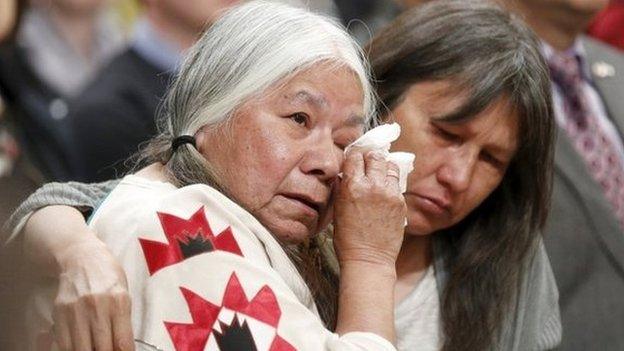Maori shootings: Britain regrets killings by Endeavour crew
- Published
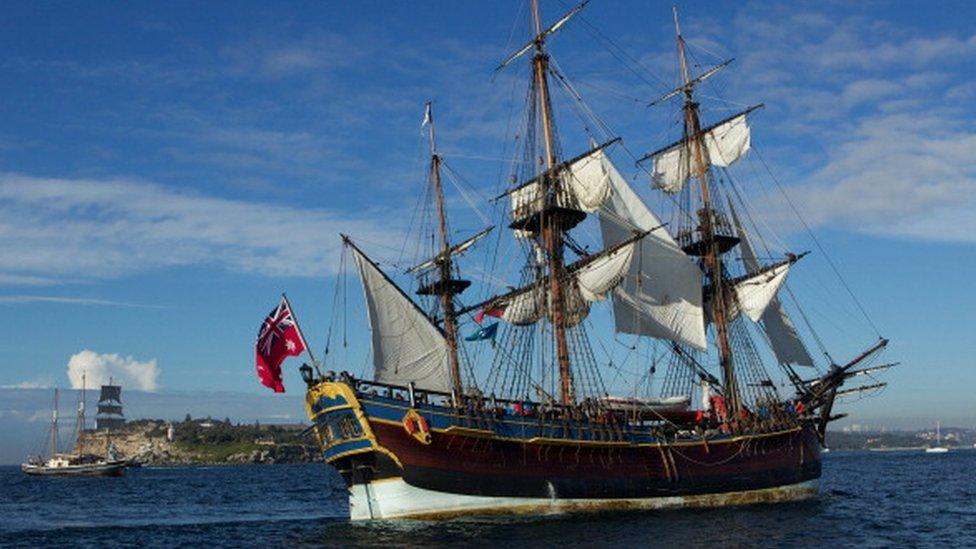
A replica of the HMS Endeavour, seen here landing in what is now Poverty Bay
Britain has expressed regret to Maori for crimes committed against their ancestors when explorer James Cook arrived in New Zealand 250 years ago.
Indigenous activists say less than two hours after Captain Cook and his crew on the HMS Endeavour landed, they had committed atrocities, including murder.
Britain's high commissioner met Maori leaders to recognise the killings.
Captain Cook is acknowledged as one of the world's greatest explorers but his legacy has been questioned by many.
New Zealand's Maori people came into contact with Captain Cook and his crew in 1769 after the HMS Endeavour landed in what is now Poverty Bay.
In two separate ceremonies with Maori groups, High Commissioner Laura Clarke made expressions of regret to both the Ngati Oneone hapu and Rongowhakaata iwi for the killings of nine of their ancestors during the first encounters with Captain Cook's crew.
It took place in the city of Gisborne, where the British landed in 1769.
"It is impossible to know exactly what led to those deaths, but what is clear is that your ancestors were shot and killed by the crew of the Endeavour and others were wounded," Ms Clarke said.
"That was greatly regretted by the crew of the Endeavour at the time, as documented in the diary of Joseph Banks [the expedition's official botanist] and it is regretted here today.
"It is deeply sad that the first encounter happened in the way that it did. And, to you, as the descendants of those killed, I offer my every sympathy, for I understand the pain does not diminish with time."
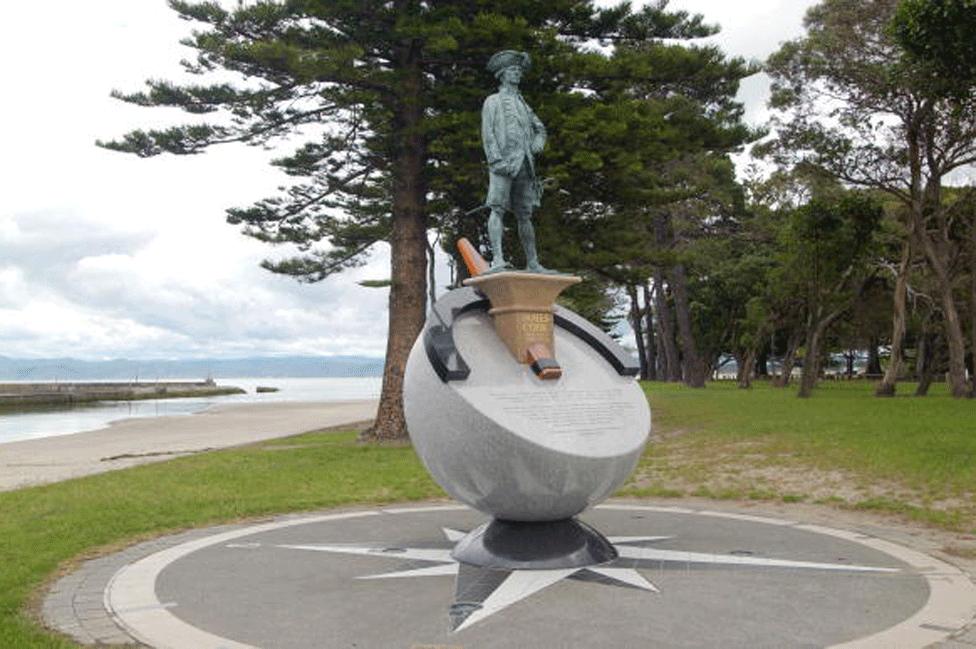
Captain Cook's legacy is disputed in modern times
Campaigners say the damage inflicted by the British colonisation continues even now, with Maori communities suffering higher levels of deprivation.
In a statement on its Facebook page, the Rongowhakaata Iwi Trust welcomed the British expression of regret, external.
But it recalled that the crew had opened fire almost as soon as they landed, killing the local chief and others.
"After only being here for two hours, Cook and his crew had trespassed, terrorised, killed and stolen from us."
Other Maori rights advocates have been critical of the low-key ceremony, which stopped short of an apology.
Many have described as insensitive this weekend's anniversary events marking Captain Cook's arrival, which are expected to attract protests.
They see him as an invader whose explorations, which helped chart the Pacific Ocean, also led to colonialism and traditional communities being destroyed.
In 2016 a UK museum handed back a Maori skull
The UK has offered expressions of regret for actions that happened during colonial times in only a few instances.
In May then Prime Minister Theresa May described the 1919 Amritsar massacre as a "shameful scar" on Britain's history in India. Hundreds of people were shot dead by troops.
Many in India and elsewhere had pressed for a full apology, which was not forthcoming.
- Published23 August 2017
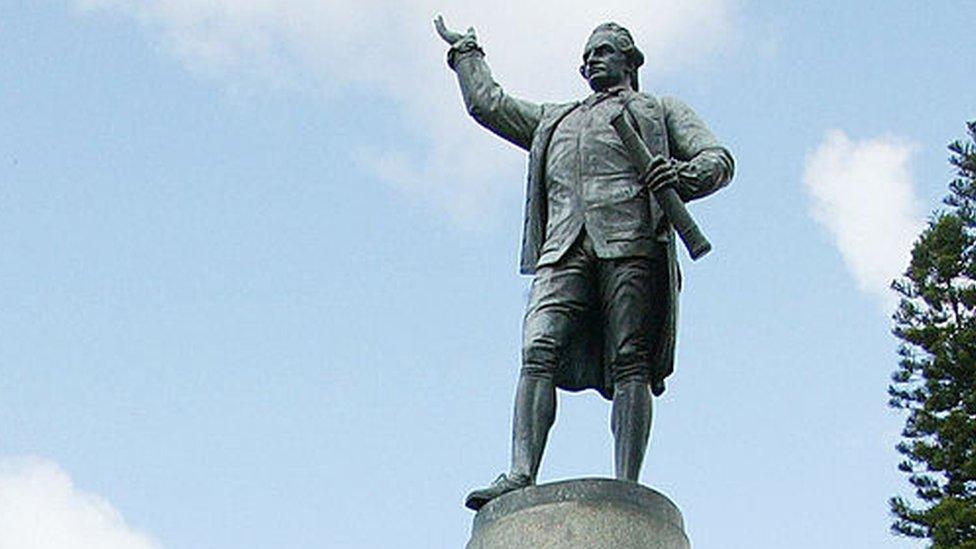
- Published3 June 2019
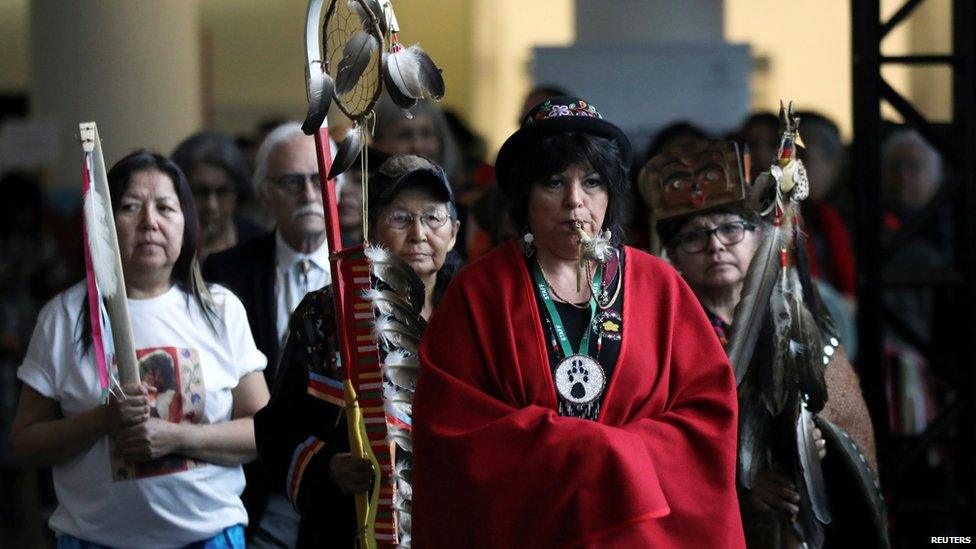
- Published7 March 2019
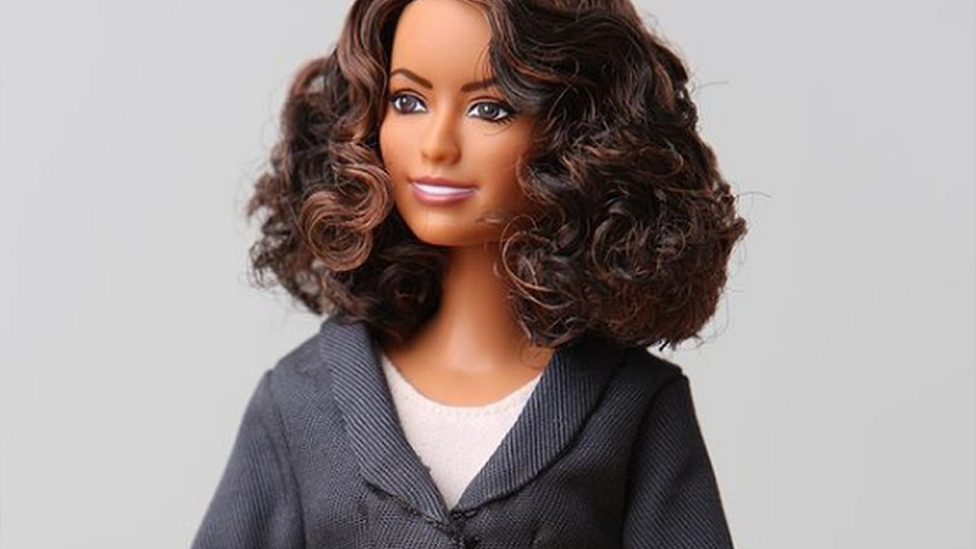
- Published15 March 2017
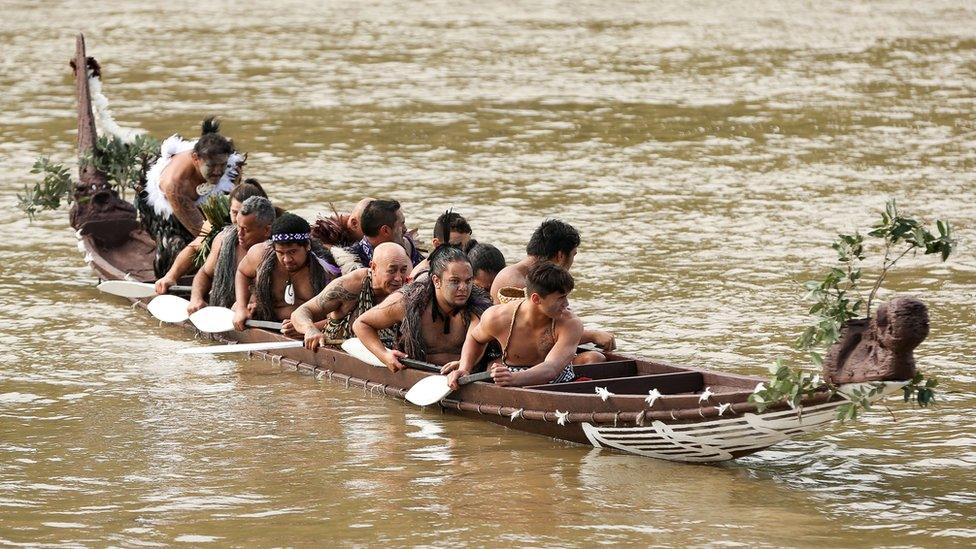
- Published22 November 2018
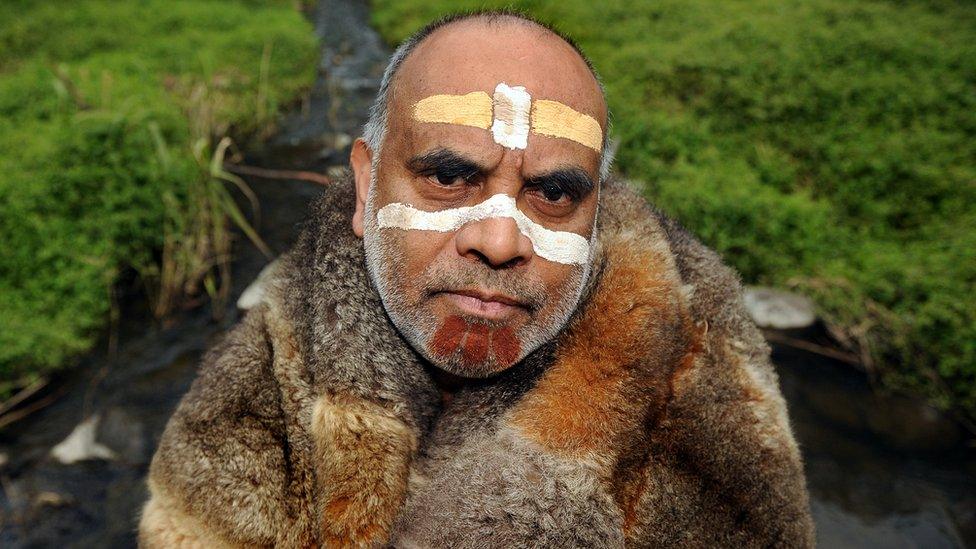
- Published26 January 2018
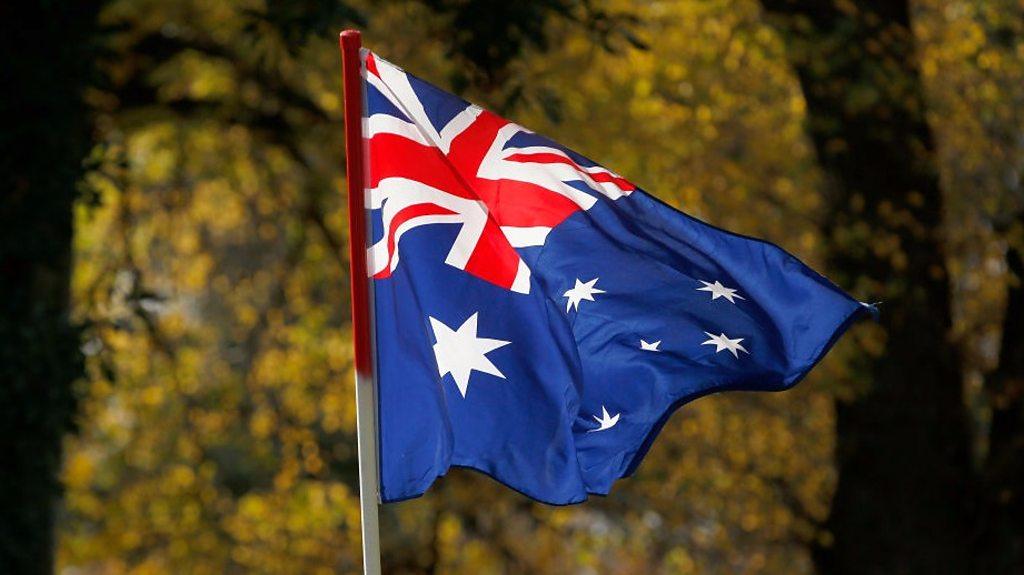
- Published25 January 2018
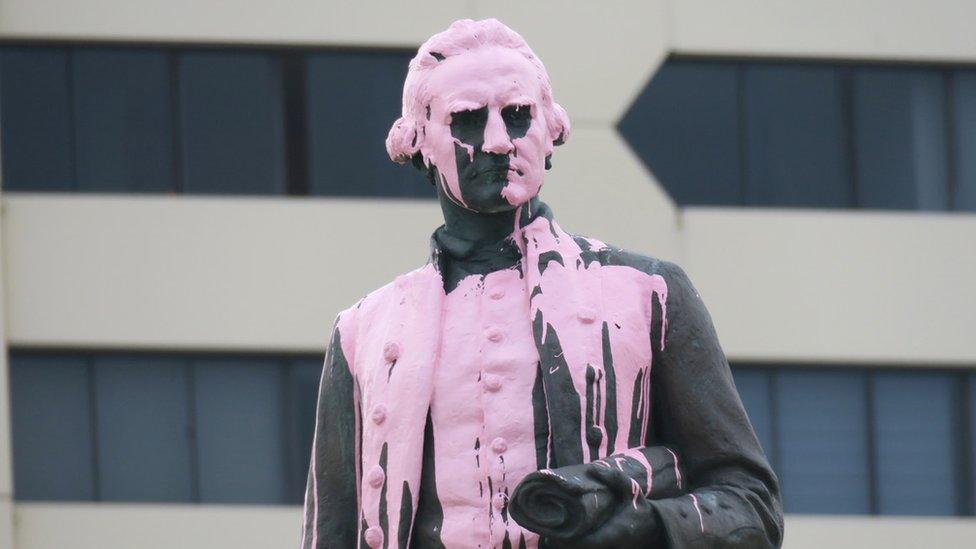
- Published3 June 2019
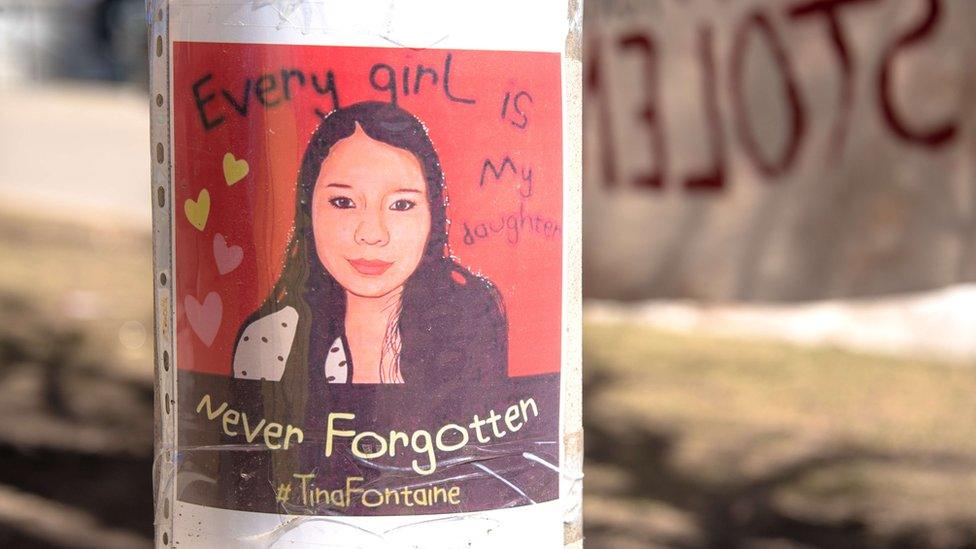
- Published4 June 2015
